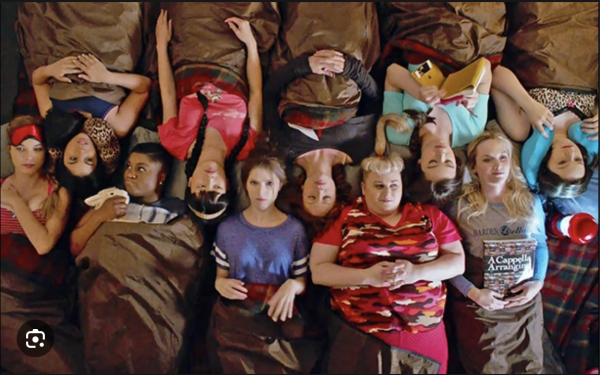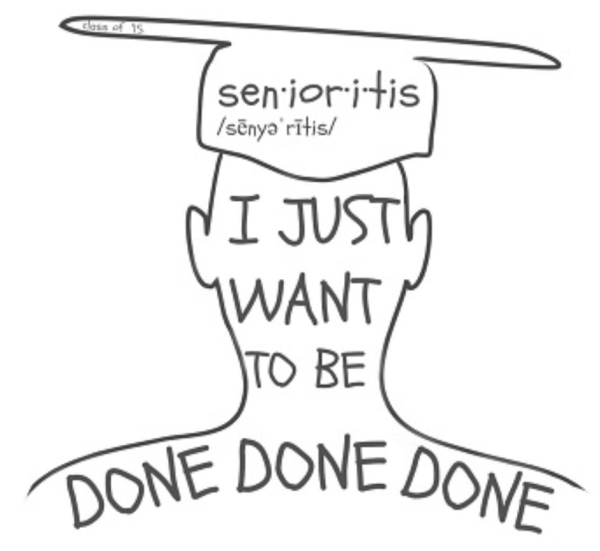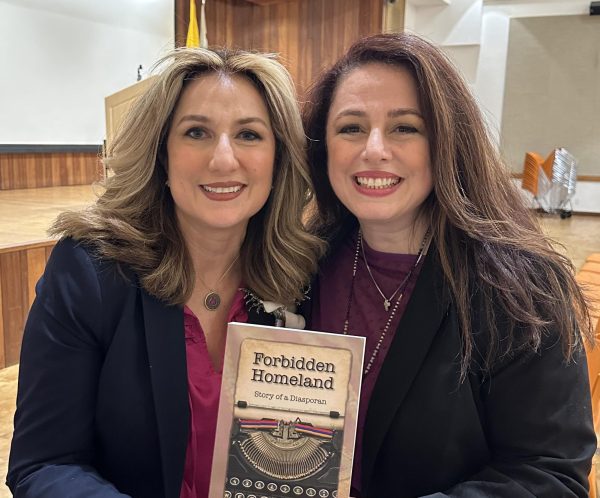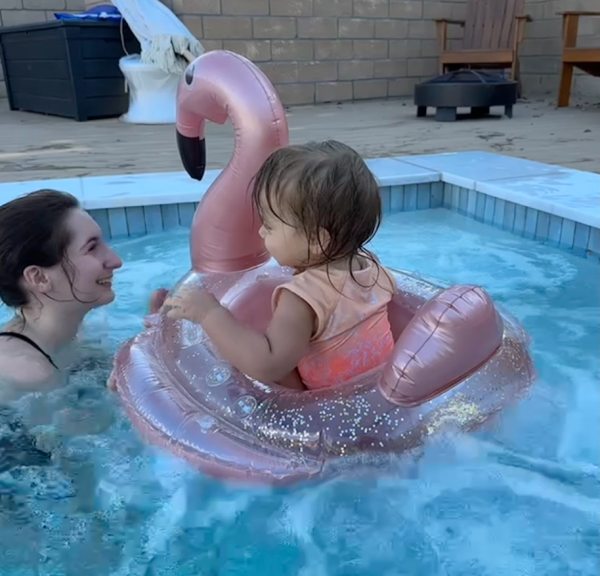Are Students Sleep-deprived?
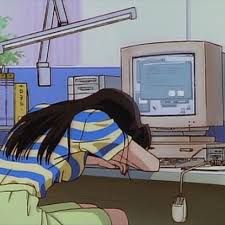
Students are so burnt out by their daily work that they find even a keyboard or desk to be a nice pillow.
October 18, 2021
As students progress further into the school year, they receive an increased amount of schoolwork and exams. One would think this situation is no big deal, and that students can handle at least this much while juggling extracurriculars; and maybe, they can. However, just because students can eventually gruel through loads of homework and exams, that does not mean they can do so without a cost. Sleep deprivation is a major issue among students, and “research has found that 73 percent of high school students regularly do not get a healthy amount of sleep” (Healthline). Many students do mess around like the high school kids they are and stay up late for recreational activities, but 73 percent of students is too large of an amount to group into this category. High school students are at some of the most important ages for growth, and if school deprives them of precious rest they will suffer immensely in the long run.
Most students who are sleep deprived have no choice but to stay up late, due to their monstrous homework loads and exams throughout the week. The majority of American students do get out of school around 3:00 P.M (CIEE), but the majority of them also have many extracurriculars such as sports, supplementary classes, and club duties that greatly reduce their time to finish their homework and study. Isabella Smith (11), regarding sleep deprivation, says “it affects me mentally, and physically I find it hard to focus, and memories from the day are often a blur”. She depicts sleep deprivation as “almost like a dark cloud following you 24/7 at its worst,” and adds that “5-8 hours of homework definitely doesn’t help”. Unsurprisingly, the majority of students on campus and in general feel immensely overwhelmed, stressed, depressed, and burnt out because of their workloads; they cannot find time for leisure, let alone rest.
Clearly, the average student-whether they attend Yorba Linda High School or not-drastically feels the effects of sleep deprivation. Certain actions proposed to reduce busy work and give students’ more time to sleep include a simply reduced workload and later start times for schools, but not many schools have seriously considered such solutions. To students’ dismay, they will have to continue slaving away on 3-5 hours of sleep until schools finally realize how much they are falling apart. Teenagers aged 13-18 years need 8-10 hours of sleep per day (CDC), yet too many fall greatly short of this range. It is not fair for schools and teachers to expect so much of students, ignoring the fact that students have other duties and lives outside of homework and school in general. Instead, teachers and schools should be more proactive in doing all they can to maximize the amount of rest students receive, and reduce the amount of busy work and stress given to them on a daily basis.
Without a doubt, students will eventually be forced to run themselves into the ground both mentally and physically due to this unhealthy lifestyle that lacks proper recuperation. As they are only human, and kids at that, high schoolers need to be afforded more flexibility and care in their health and emotional wellbeing; not in how much work they can get done and why they fell short of their deadlines or expectations despite not having adequate rest. The human body can only take so much strain, and educators of all people should realize this by looking at the weary, young faces of those who they work with everyday for years.













